The Antioch Cape Seal 2020 Project (P.W. 392-31)
Location
120 residential streets in Antioch, CA
City or County Responsible for Project
City of Antioch
Author
Junming Li
Organization
Public Works, City of Antioch
Address
200 H St, Antioch, CA 9459
Phone
925-779-7025
Project Description
Over the last few years, the City of Antioch has been leveraging Measure J Funds and a CalRecycle Grant to provide cost-effective pavement preservation treatments to extend deteriorating roads’ life expectancy. In response to The Globe Warming Solutions Act (AB32) and due to limited budget, the City has developed a sustainable approach to (1) focuses on preserving roads in fair condition; (2) using recycled materials in pavement treatments; and (3) push the project out to bid at slow construction seasons for competitive bids. Our Pavement Preservation Project completed in August 2020, showcases the benefits when properly applying this cost-effective and sustainable approach. Pavement condition of over 120 residential streets (totaling approximately 470,000 square yards of roadway) were rated as poor and exhibited widespread distress, localized base failure, and yielding subgrade. Reconstruction of those roads was considered as the best solution for the neighborhood, through the traditional reconstruction method of removing and replacing the existing road materials and was estimated to cost $26 million dollars. In comparison, the City’s preservation method only cost $2 million dollars and $2.6 million dollars for Phase I and II, respectively. Phase I includes cold planing existing pavement session and plugging the identified areas of base failures with ¾-inch maximum, medium Type B Reclaimed Asphalt Pavement (RAP), and then install leveling courses to the center traveling session of roadway with 3/8-inch maximum, medium Type B Reclaimed Asphalt Pavement (RAP). In an effort to complete the roadwork in these streets, Phase II includes installing an Antioch Cape Seal consisting of an ½-inch PMAR (Polymer Modified Asphalt-Rubber) Chip Seal overlain by an application of micro-surfacing (Type 2) over the full width of the streets. This method required less construction workdays and costs, and mitigating traffic and environmental impacts. Environmental benefits included over 50 percent reduction in Green House Gas emissions, 60 percent reduction in energy consumption, and 563,000 cubic feet of landfill reduction. The PMAR placed as the wearing surface resulted in 22,600 scrap tires being diverted from a landfill. In contrast of full roadways reconstruction, the cost savings of $21.4 million dollars will be reinvested to improve other deteriorating City roads in the future.

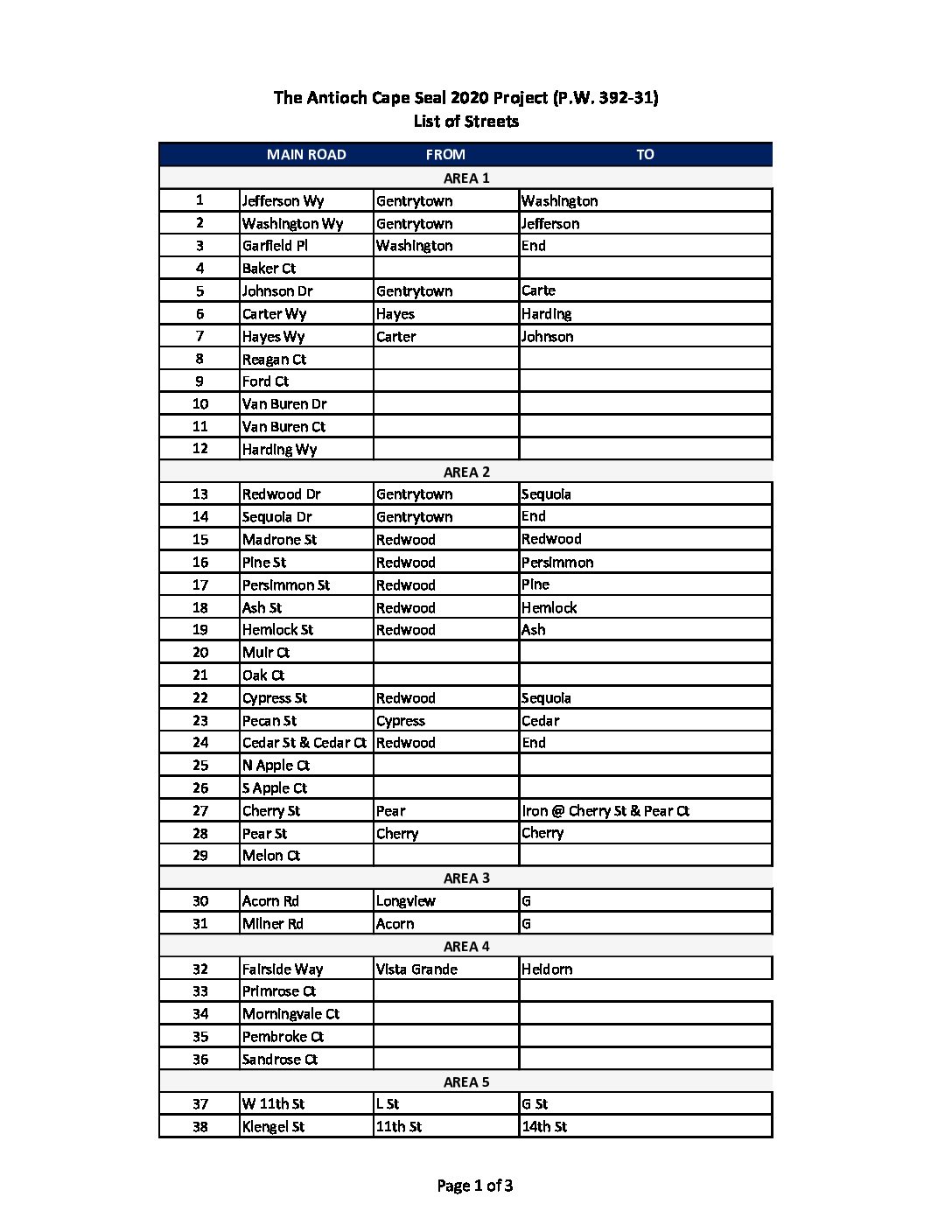
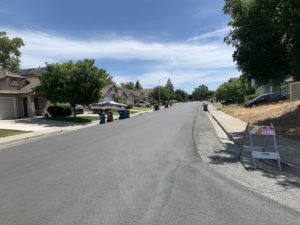
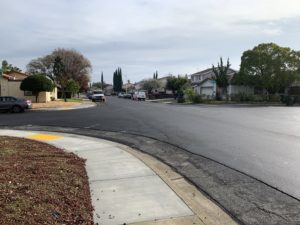
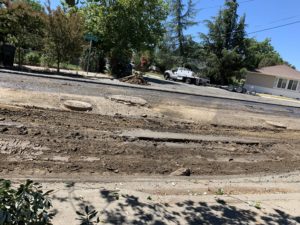
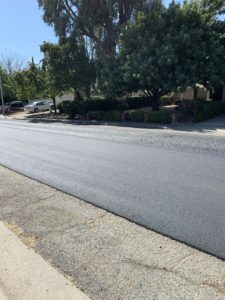
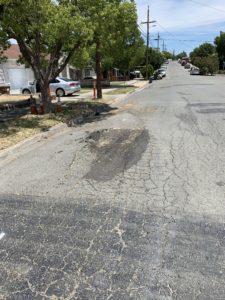
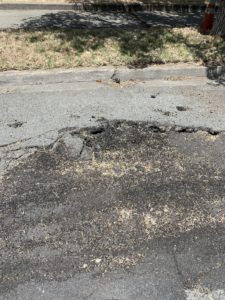
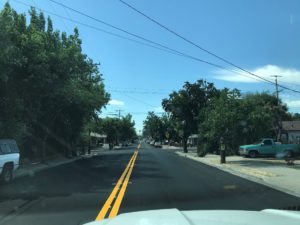
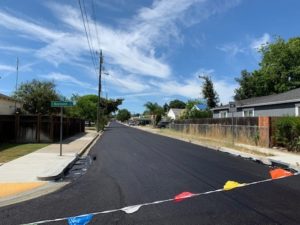
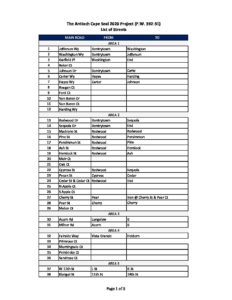








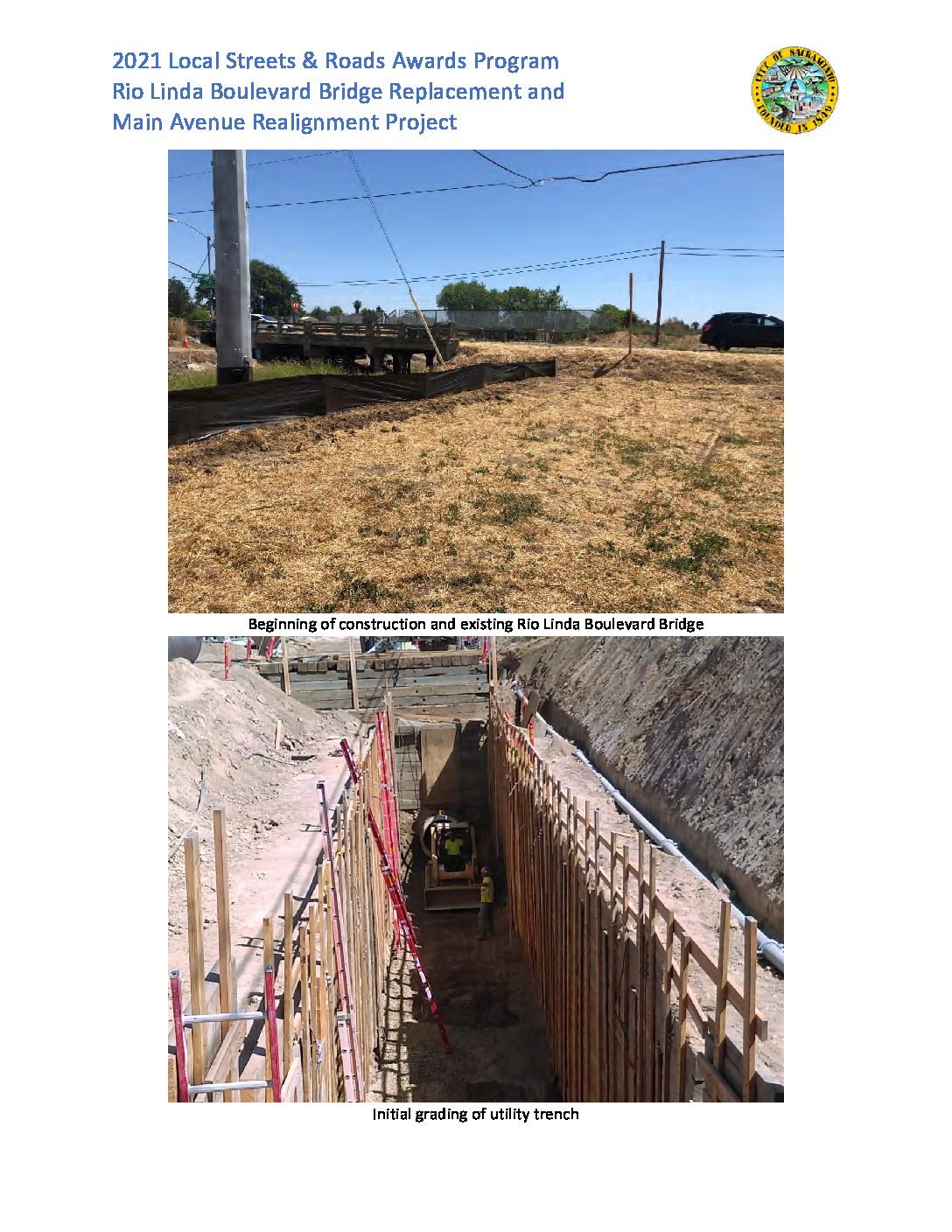
Add Comment